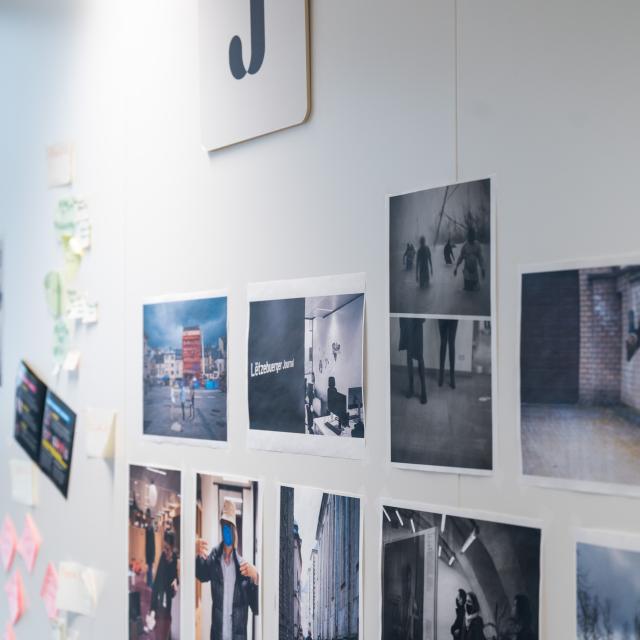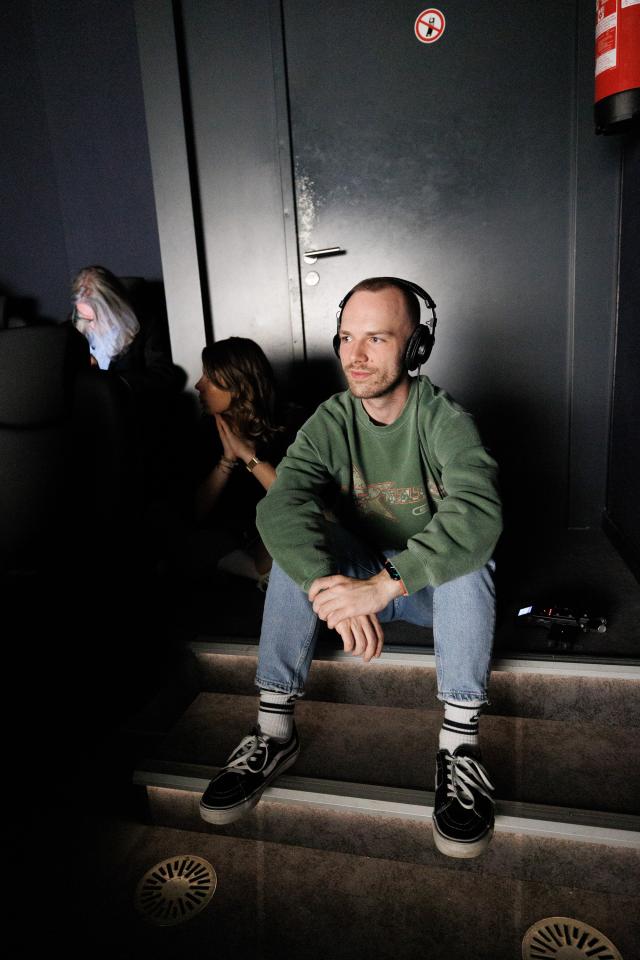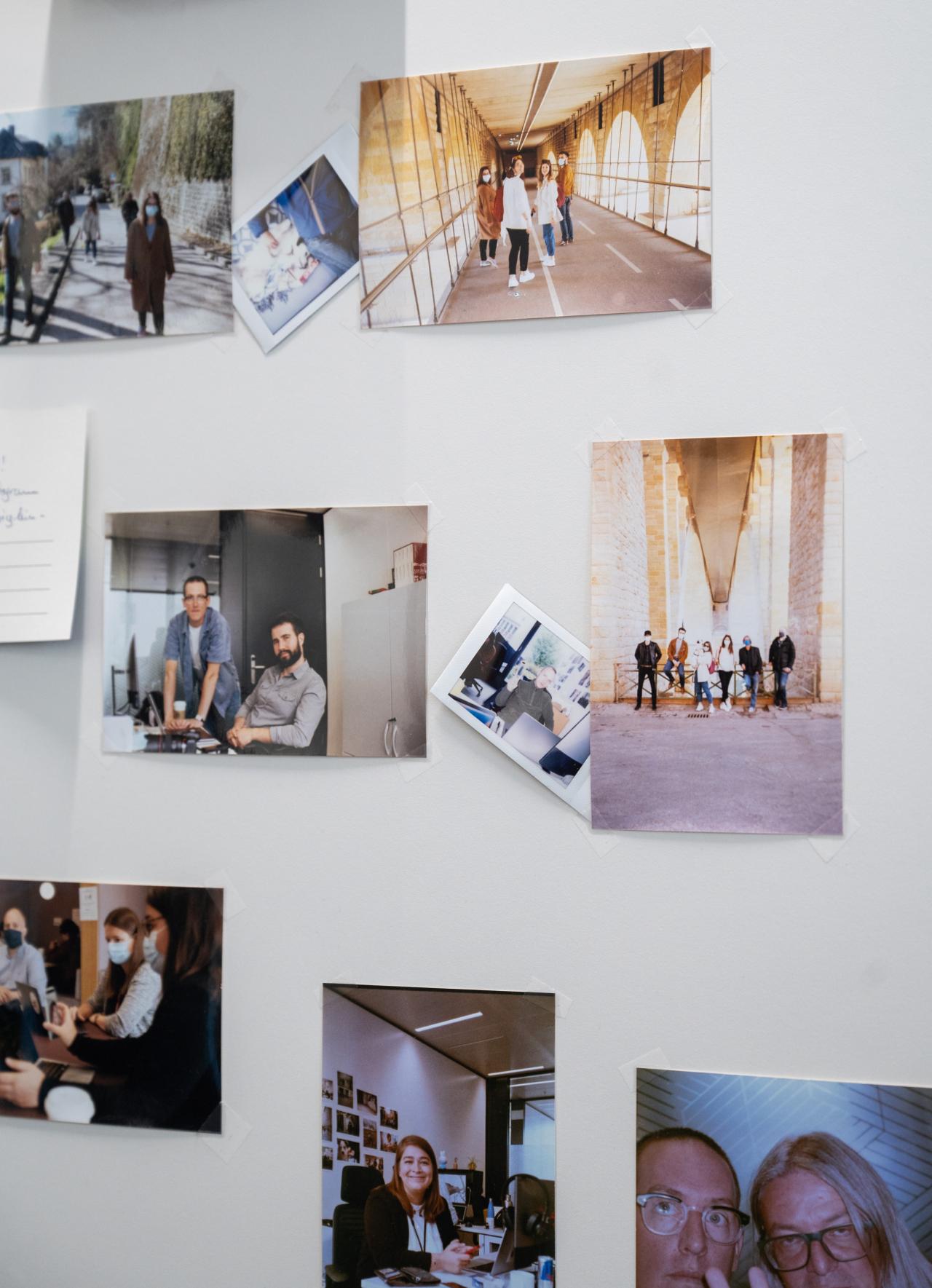Gift a subscription!

Choose new perspectives, go for a subscription to the Lëtzebuerger Journal.
When you look at the news, you get the feeling that the world is collapsing, everything is bad, and there is nothing to be done anyway. You know you should stay informed, but mentally you just can't handle it. You are not alone in this. More and more people suffer from news fatigue and consciously avoid the media.
Journal.lu offers a real alternative for those who want to stay informed without feeling bad afterward. The research of our journalists doesn't stop at the problem; it goes further. We work with the approach of so-called Solutions Journalism, looking for solutions that have been proven to be successful and write about them.

Buy here
Still too abstract? Here are a few concrete examples of the topics we cover:
For the article Baking, Sewing, Singing: How men in nursing homes are not forgotten, Melody Hansen explored the issue of men being underrepresented in nursing homes and the risk of them being overlooked as a result. She spoke with elderly men in care facilities, a gerontologist, and a gender researcher about ways to counteract this issue.
Laura Tomassini regularly highlights the challenges faced by entrepreneurs. For her article Fake sick people: The problem with increasing absenteeism, she discussed with employers the impact of false sick notes on their businesses.



Going for a Journal subscription means not only opting for a solution-oriented view of the world but also one that shows diverse perspectives. Our journalists take the time to talk to different people about their subjects and to meet them personally.
Christian Block, in his article Back to work after cancer: Maria's rocky road, spoke with a woman who wanted to return to her job after a cancer diagnosis but was not allowed to, despite the urgent need for skilled workers in her profession – nursing.
In the article Tree by tree against Luxembourg's forest dieback, Misch Pautsch wrote about how private forest owners are contributing to nature conservation. He also focuses on Luxembourg's education system, such as in the article Classroom tantrums: How violent behaviour tackles teachers, which examines how violence can make teaching nearly impossible.

Buy here



From the very beginning, the focus at journal.lu has been on people. No one is just their role, and in interviews on various topics, we are all more than that. A good example is the politicians and artists whom Pascal Steinwachs accompanies on his walks.
Our job is also to explain complex issues in a way that everyone can understand and to place them in context. Camille Frati demonstrated this in her feature Pensions, a social achievement that has stood the test of time, where she explored how the first pension schemes were established and how they have evolved – without losing sight of their original purpose: providing an income that enables people to live a decent and dignified life after their working years.


In the podcast D'Hoffnungsdréier, Maxime Toussaint and Misch Pautsch followed Team Luxembourg for an entire year on their journey to the 2024 Paralympics. They were there for everything – the highs, the lows, and even in Paris, where Tom Habscheid ultimately brought home a bronze medal.
Don't speak Luxembourgish? We have a solution for that too. All our articles can be read in three languages: German, English, and French. In addition, we regularly produce podcast episodes in languages other than Luxembourgish. For example, Histoires d'avocats, a French-language podcast hosted by Camille Frati, features regular conversations with lawyers about their areas of expertise and specific cases. After all, sooner or later, most of us will likely need a lawyer to represent our interests.

Jill Lallemang

You eat with your eyes first. It's no different at journal.lu. Our photographers, including Lex Kleren and Misch Pautsch, deal every day with the question of how we can visually tell our stories. The article Inside Amazon's giant beehive makes this even clearer. When you read an article with us, it should be an experience – we use text, images, and audio to convey the emotions of a subject as realistically as possible.

Buy here



This is us:
Interested? Subscribe here. And if you still want a little teaser first, subscribe to our newsletter and read a selected article for free every week.





